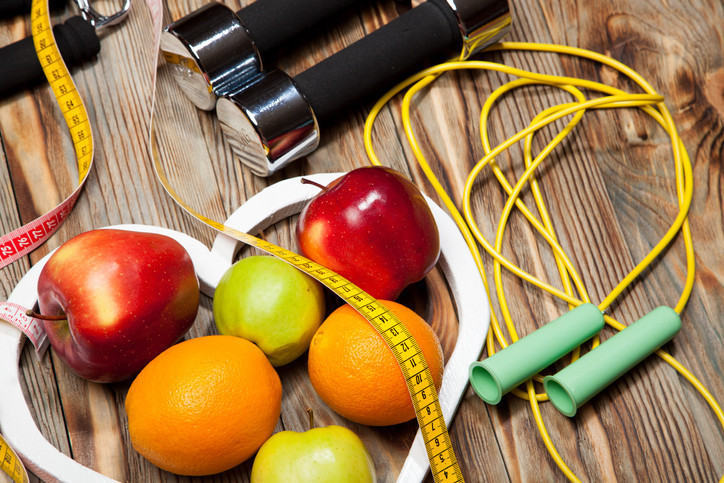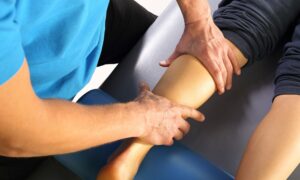
Many people try to lower their cholesterol levels through diet and exercise alone. However, for some, that not be enough to reach optimal cholesterol levels. Genetics, medical conditions, and medications all affect cholesterol despite lifestyle efforts.
Diet and exercise have limits
Diet and exercise have clear benefits for heart health and should be the first line of defense for high cholesterol. However, some people do not experience a significant drop in their numbers through lifestyle approaches alone due to genetic, health, or medication factors. Genetics directly impact how sensitive someone is to saturated fats and dietary cholesterol. Underlying health conditions like diabetes, kidney disease, or hypothyroidism all contribute to cholesterol levels being harder to manage. Certain medications, including corticosteroids, cyclosporine, birth control pills, and beta blockers are linked to adverse cholesterol changes for some users. For those already eating a cholesterol-friendly diet and getting regular physical activity, added therapies are needed to lower high cholesterol numbers to safer levels. Diet and exercise leave a void where cholesterol-lowering supplements step in. These supplements work great as contributing therapy, used alongside lifestyle measures.
Understanding cholesterol supplement options
cholesterol supplements are sold over the counter and have become a popular complementary therapy to traditional treatment. These are derived from natural ingredients or prescription-level formulas. Supplements promote cardiovascular wellness through diverse mechanisms of action. Here are some of the most common options:
- Red yeast rice extract contains lovastatin, a compound structurally similar to prescription statin drugs. It works by inhibiting HMG-CoA reductase, an enzyme involved in cholesterol production. Multiple clinical studies find daily supplementation with red yeast rice lowers LDL cholesterol.
- Plant sterols and stanols mimic cholesterol molecules allowing them to block absorption of dietary cholesterol that would otherwise end up in blood circulation. Foods or supplements enriched with plant sterols reduce total and LDL cholesterol while leaving healthy HDL untouched.
- Pantothenic acid (vitamin B5) is an essential nutrient already supporting several processes related to cholesterol metabolism. Research indicates B5 supplementation further helps reduce coenzyme-A biosynthesis which lowers cholesterol production in the body.
What to know before buying
Dietary supplements in the United States do not need FDA approval before being marketed. While many cholesterol products have promising research behind them, consumers must do their homework beforehand. Here are some tips on selecting quality cholesterol supplements:
- Verify supplements are made in facilities that follow Good Manufacturing Practices (GMP). These regulations indicate products meet quality and purity standards.
- Check that ingredients match what clinical studies use for dosing. For instance, red yeast rice products should provide roughly 5-7 mg of monacolin K per day.
- Seek out third-party testing that confirms label claims match actual supplement content. Independent groups like U.S. Pharmacopeia (USP) and ConsumerLab test popular supplements.
- Buy from reputable companies selling recognizable, mainstream supplement brands. Recent FDA analyses find herbal supplements from smaller upstart companies frequently have issues with strength and purity.
- Consult your doctor before taking cholesterol supplements, especially if also taking statin medications due to potential interactions. Those with liver conditions require caution with red yeast rice.
Dietary supplements provide safe, natural options for improving cholesterol levels that don’t respond sufficiently to traditional treatment. Starting sensible supplement regimens along with continuing heart-healthy lifestyle habits gives a powerful dual approach to managing high cholesterol.







